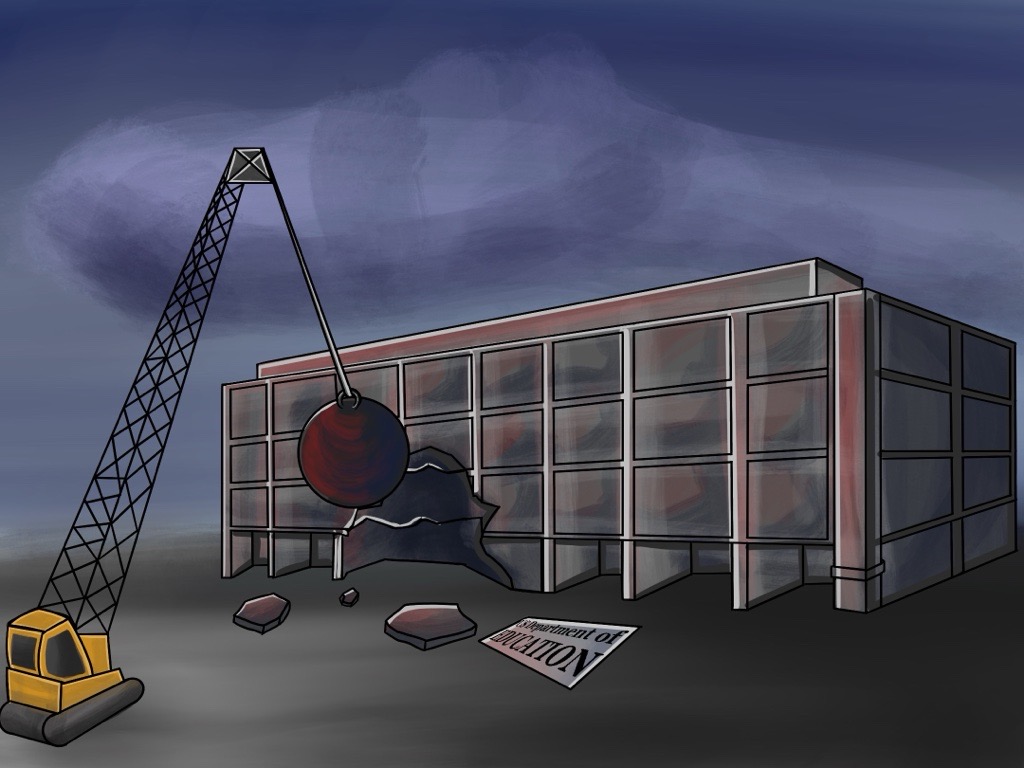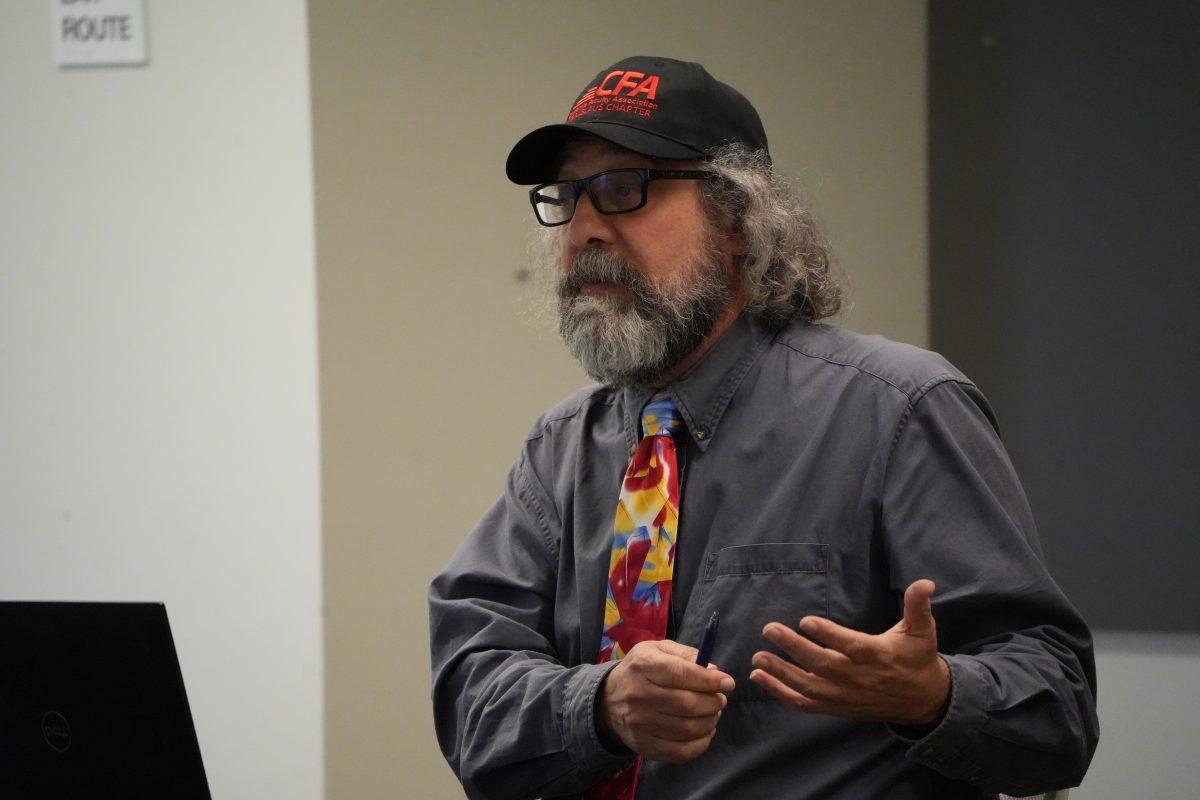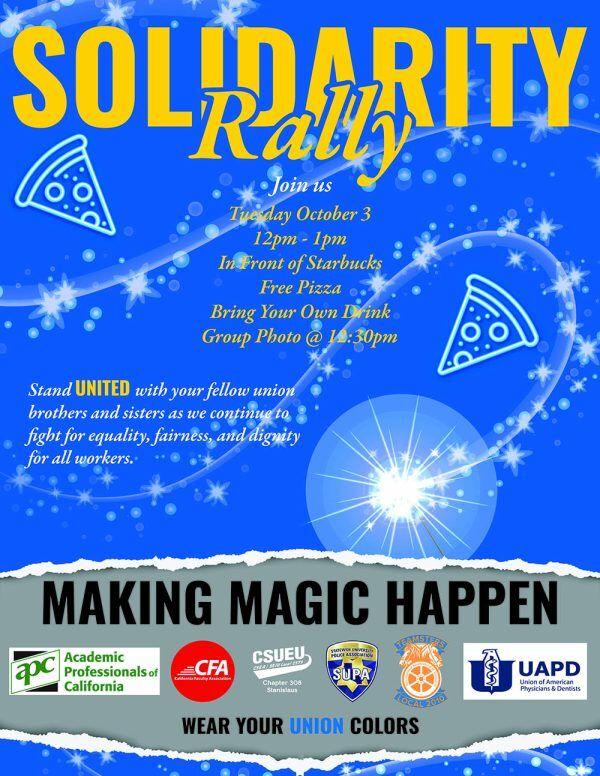Last week on Nov. 22, Israeli and Hamas leaders in Gaza agreed to a ceasefire that would end eight days of nonstop violence and airstrikes. The ceasefire came as a result of pressure by both Egyptian and American efforts to end the eight day enclave of destruction.
The United Nations estimates that last week’s violence claimed the lives of over 179 Gazans and five Israelis, making it the worst conflict in the region since 2008.
According to Israeli defense forces, the Israeli campaign, which began on Nov.14, launched a series of over 1500 air strikes into the Gaza strip, with Palestinian militants lobbing a similar number of rockets back.
Dr. As`ad AbuKhalil, professor of Political Science at California State University, Stanislaus believes that the conflict itself was the result of preemptive actions by Israeli militants, and not the other way around.
“I do believe that the war was triggered by Israel which has been engaged in unreported (in the Western press) bombing of Gaza, not to mention the siege,” AbuKhalil said.
“The assassination of Hamas leader triggered the actual conflict. And review the ratio of death: 160 Palestinians to six Israelis. If both sides are terrorists, then Israeli are 10 times more terrorist than Palestinians.”
For others, last week’s violence brought along with it many personal afflictions.
CSU Stanislaus Alumni, Arpi Nakashian grew up in Israel and witnessed first hand the daily violence in the region.
“I honestly am sick and tired of hearing about the death of innocent people, and how just by going to the city my own family members’ lives are endangered,” Nakashian said.
“I’m here in California, but my heart and mind are always back home.”
Although the ceasefire currently seems to remain in effect, the fear of future violence is something that looms over the shoulders of both sides.
As the international community urges both Israeli and Palestinian officials to uphold the current peace truce, some individuals believe that future violence is inevitable.
Student Peter Ishaya (Senior, political science) holds a grim outlook for the area.
“The international community has repeatedly in the past condemned aggression on both sides of the fence with regards to the Israeli-Palestinian conflict. The Israeli-Palestinian conflict will never reach a peace agreement. The bloodiest wars that are fought are those over territorial disputes,” concluded Ishaya.
Edited: 12/03/2012 4:26pm






